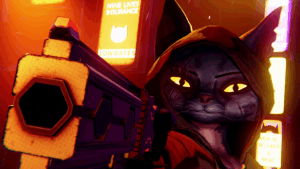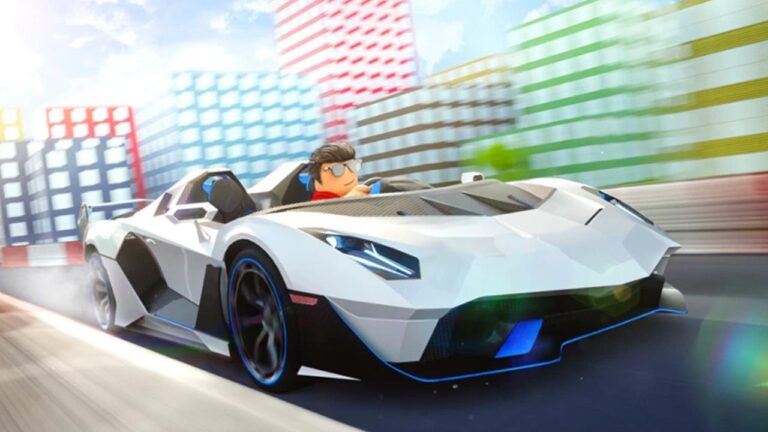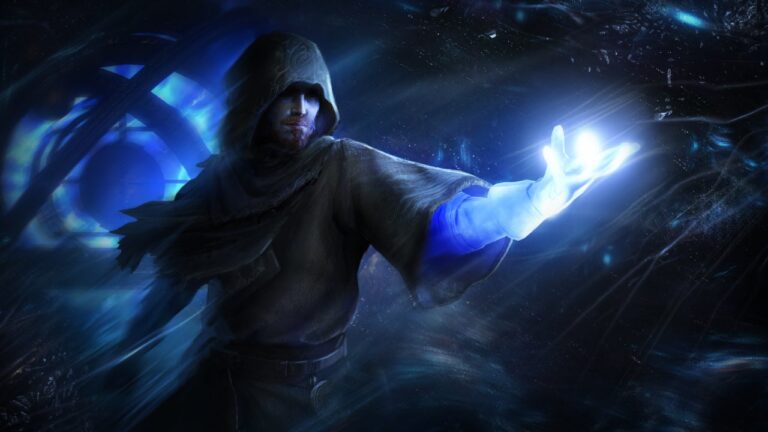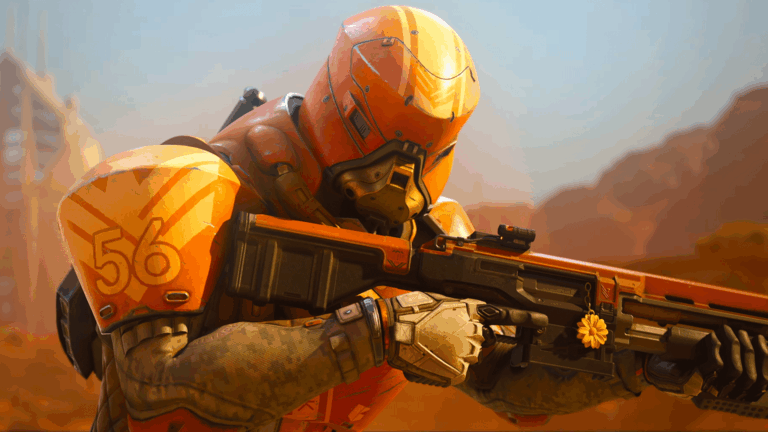Introduction: From Spin-Off to Multimedia Phenomenon
Starting as a spin-off of the Shin Megami Tensei series, the Persona franchise has evolved into a standalone juggernaut in the world of role-playing games. Over the years, it has expanded beyond video games into anime adaptations, stage plays, and other media, solidifying its place as one of the most popular and influential RPG series today. Its dedicated fanbase and critical acclaim continue to grow, with new titles and projects regularly announced.
Choosing Your First Persona Game
If you’re new to the series and wondering where to begin, the latest versions—Persona 3 Reload, Persona 4 Golden, and Persona 5 Royal—are excellent starting points. These editions feature updated graphics, additional content, and refined mechanics, making them accessible for newcomers. While Persona 3 Reload is not yet available on Nintendo Switch, all three are playable on PC and most major consoles.
Worried about missing out on story continuity? Don’t be. Each mainline Persona game introduces a self-contained story with its own cast of characters, meaning you can jump into any of them without prior knowledge. To get a feel for which game appeals most to you, consider watching gameplay videos or exploring social link mechanics in each title to see which themes or styles resonate best.
Understanding the Series Timeline and Release Sequence
How Many Persona Games Are There?
Currently, the franchise boasts a total of twenty main titles and spin-offs. Many of these are enhanced versions or remakes of the original entries, featuring new content, gameplay improvements, or graphical updates. While we exclude simple ports or remasters, we will note all significant alternate versions when listing the titles below.
Which Persona Game Should You Start With?
For newcomers, the most recommended starting points are the latest editions of the mainline games: Persona 3 Reload, Persona 4 Golden, and Persona 5 Royal. These versions are available on most platforms, including PC, PlayStation, and Xbox, offering the most polished experience. Each game features a fresh story with independent characters, so you won’t miss out on key plot points regardless of which you choose.
To decide which game to try first, consider watching gameplay clips or social link highlights to see which storyline or gameplay style attracts you most. This approach helps ensure you pick a game that fits your preferences from the start.
Chronological Order of Persona Games and Spin-Offs
Note: These summaries contain mild spoilers related to characters, settings, and story arcs.
1. Revelations: Persona (1996)

The very first game in the series, Revelations: Persona was Atlus’ response to the success of Shin Megami Tensei: If… — another spin-off centered on high schoolers fighting demons. It introduced players to a dungeon-crawling RPG set in the town of Mikage-cho, where a group of high school students harness their Personas to combat supernatural threats. This title laid the groundwork for the franchise, with mechanics like Persona summoning, the Velvet Room, and a cast of teenage heroes becoming staples of the series.
2. Persona 2: Innocent Sin (1999)

The second installment follows a new cast led by Tatsuya Suou, as they seek to defeat the mysterious villain Joker and the cult known as the Masked Circle. This game revolves around malicious rumors that come to life in the town of Sumaru, forcing players to explore dungeons, wield Personas, and fight shadows. Interestingly, it received a direct sequel, Persona 2: Eternal Punishment, released just a year later, continuing the story.
3. Persona 2: Eternal Punishment (2000)

Continuing from Innocent Sin, this title shifts focus to Maya Amano, who must uncover the truth about the Joker Curse. The gameplay remains turn-based dungeon crawling, with players building their team and battling shadows. The story deepens the mysteries introduced earlier, and the game is essential for understanding the full narrative arc of Persona 2.
4. Persona 3 Series (2006–2024)

Persona 3 marked a significant evolution, introducing the daily calendar system and blending school life with supernatural battles. Players follow Makoto Yuki as he navigates the Dark Hour, explores Tartarus, and uncovers a sinister plot threatening the world. The game introduced social links, daily activities, and a more mature story, making it a landmark entry.
5. Persona 3: Dancing in Moonlight (2018)

This rhythm-based spin-off features the S.E.E.S team competing in dance battles within the Velvet Room, set during the main storyline. It’s a fun, canon-themed dance game with routines to iconic Persona 3 tracks.
6. Persona 4 Series (2008–2012)

Set in the rural town of Inaba, Persona 4 introduces Yu Narukami, a city teen who moves to the countryside. Soon, a series of murders linked to a mysterious realm accessed via TVs begins. The game combines social simulation with dungeon exploration, where players build social links, attend school, and use Personas to fight supernatural enemies. Persona 4 Golden, released in 2012, adds new content and is considered the definitive version.
7. Persona Q: Shadow of the Labyrinth (2014)

This crossover merges characters from Persona 3 and 4, placing them inside a twisted version of Yasogami High School. The teams team up to solve the mystery, exploring mazes and battling enemies in first-person dungeon-crawling gameplay. It’s a nostalgic callback to traditional Persona dungeon exploration.
8. Persona 4 Arena Series (2012–2013)

This fighting game spin-off continues the stories of Persona 3 and 4 characters. It features a roster of beloved characters battling in a supernatural tournament within the TV world, blending fighting game mechanics with Persona lore.
Persona 4 Arena Ultimax, the sequel, expands the roster and story, continuing the conflict with even more characters and battles.
9. Persona 4: Dancing All Night (2015)

This rhythm game features the Investigation Team performing dance routines to their favorite Persona 4 tracks. Set during a mysterious event in the Midnight Stage, it offers a fun, canon-appropriate experience for fans.
10. Persona 5 Series (2016–2023)

The most successful entry, Persona 5 follows Joker and the Phantom Thieves as they infiltrate corrupt hearts across Tokyo. With its stylish presentation, social simulation mechanics, and intricate story, it became Atlus’ best-selling game. Persona 5 Royal, the expanded edition, adds new characters, dungeons, and storylines for an even richer experience.
11. Persona Q2: New Cinema Labyrinth (2018)

This sequel to Persona Q features characters from Persona 3, 4, and 5 trapped in a movie theater maze. They team up to escape through various movie worlds, exploring dungeons from each game’s universe while battling enemies in first-person.
12. Persona 5 Tactica (2023)

This tactical RPG takes place during Persona 5’s timeline, with the Phantom Thieves transported to an alternate realm called the Kingdoms. Joker and Morgana must rescue their friends from brainwashing by the tyrannical ruler, Tyrant Marie, employing grid-based combat and strategic unit management.
13. Persona 5: Dancing in Starlight (2018)

This rhythm game features the Phantom Thieves performing dance routines to their hits, with Caroline and Justine challenging them in the Velvet Room. It’s a lively, canon-friendly experience for fans of the series’ music.
14. Persona 5 Strikers (2020)

Set four months after Persona 5, Strikers combines action RPG elements with Dynasty Warriors-style combat. The Phantom Thieves reunite to investigate a mysterious app called EMMA, battling hordes of enemies across Tokyo and uncovering the truth behind the Metaverse’s new threats.
Release Order of All Persona Titles
- Revelations: Persona (1996)
- Persona 2: Innocent Sin (1999)
- Persona 2: Eternal Punishment (2000)
- Persona 3 (2006)
- Persona 3 FES (2007)
- Persona 4 (2008)
- Persona 3 Portable (2009)
- Persona 4 Arena (2012)
- Persona 4 Golden (2012)
- Persona 4 Arena Ultimax (2013)
- Persona Q: Shadow of the Labyrinth (2014)
- Persona 4: Dancing All Night (2015)
- Persona 5 (2016)
- Persona 3: Dancing in Moonlight (2018)
- Persona 5: Dancing in Starlight (2018)
- Persona Q2: New Cinema Labyrinth (2018)
- Persona 5 Royal (2019)
- Persona 5 Strikers (2020)
- Persona 5 Tactica (2023)
- Persona 3 Reload (2024)
- Persona 5: The Phantom X (2025, upcoming)
Upcoming Persona Projects and Future Releases
Following the success of recent titles like Metaphor, Sega and Atlus are investing heavily in the franchise. The next major release is the free-to-play mobile game Persona 5: The Phantom X, scheduled for global launch on June 26. It promises an original storyline set in the Persona 5 universe, introducing new characters and mysteries.
Additionally, Persona 4 Revival was announced at a recent showcase, hinting at a remake of the classic PS2 game, with enhanced visuals and environments. While details remain scarce, fans are eagerly awaiting more news.
Finally, the highly anticipated Persona 6 remains unconfirmed officially, but rumors suggest it’s in development, promising to continue the series’ legacy of compelling stories and innovative gameplay.










